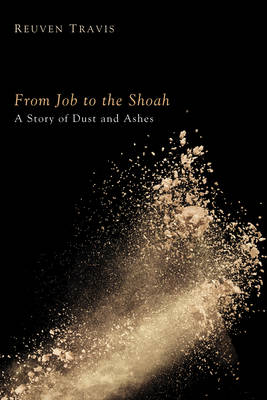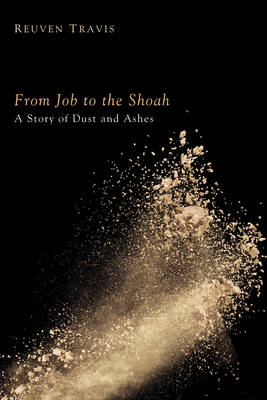
Je cadeautjes zeker op tijd in huis hebben voor de feestdagen? Kom langs in onze winkels en vind het perfecte geschenk!
- Afhalen na 1 uur in een winkel met voorraad
- Gratis thuislevering in België vanaf € 30
- Ruim aanbod met 7 miljoen producten
Je cadeautjes zeker op tijd in huis hebben voor de feestdagen? Kom langs in onze winkels en vind het perfecte geschenk!
- Afhalen na 1 uur in een winkel met voorraad
- Gratis thuislevering in België vanaf € 30
- Ruim aanbod met 7 miljoen producten
Zoeken
Omschrijving
In Job's final concession to God, he uses a phrase generally translated from the Hebrew as, ""Wherefore I abhor myself, and repent in dust and ashes"" (afar va-eifer). A very small number of scholars see this translation as forced. While most translations have Job referring to himself with the words afar va-eifer, this small group of scholars does not believe the Hebrew to be so clear. They maintain that the phrase afar va-eifer could just as easily be translated as referring to God. In this translation of the text, Job is calling God ""dust and ashes."" Can Job truly be referring to God, not himself, as dust and ashes? How dare he? And if he did, what did this mean theologically? If this linguistic analysis is correct, how are we to understand not only the ending of the book, but also the entire story of Job? These are the questions From Job to the Shoah strives to answer. The conclusions it reaches have profound theological implications, especially in our modern era when the ""dust and ashes"" of the six million Jews murdered in the Holocaust still hang heavily above us.
Specificaties
Betrokkenen
- Auteur(s):
- Uitgeverij:
Inhoud
- Aantal bladzijden:
- 156
- Taal:
- Engels
Eigenschappen
- Productcode (EAN):
- 9781625644121
- Verschijningsdatum:
- 18/03/2014
- Uitvoering:
- Paperback
- Formaat:
- Trade paperback (VS)
- Afmetingen:
- 150 mm x 226 mm
- Gewicht:
- 362 g

Alleen bij Standaard Boekhandel
+ 66 punten op je klantenkaart van Standaard Boekhandel
Beoordelingen
We publiceren alleen reviews die voldoen aan de voorwaarden voor reviews. Bekijk onze voorwaarden voor reviews.









